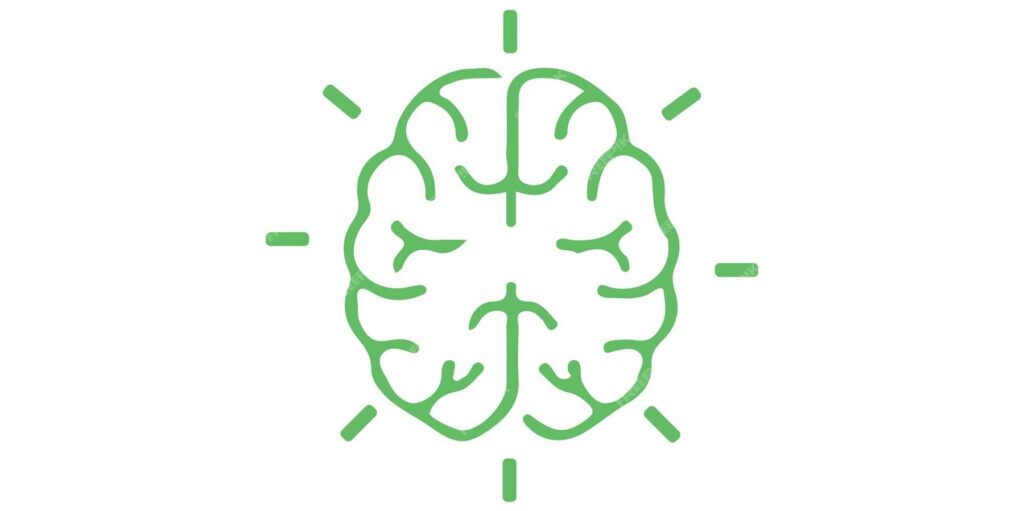OpenCall: Do you want to pursue a career in #MentaHealth research? We are happy to announce the first call of the #TOUCHprogramme to attract young doctoral researchers on mental health by developing an intersectoral & transdisciplinary approach.
➡ 4 doctoral positions are available
📅 Apply by 30 June 2024!
Click here for details about the positions. More information about the TOUCH project, the recruitment process, and the application platform are available on the TOUCH website.
Welcome to the Person-Environment Interaction in the Risk and Resilience for Mental Health Lab!
This research program is based on a dimensional conceptualization of mental health problems, which challenges the dogma that mental disorders are exclusively genetic-based brain illnesses and seeks to understand how a complex interaction among genetic, environmental, and psychological factors shapes the risk and resilience to mental suffering across the population.
Our research focuses mostly on the psychosis spectrum with several interrelated lines:
1) The use of momentary ecological assessment (with mobile phones) to improve our mapping of person-context interactions and their impact on the dynamic expression of mental suffering and wellbeing. This has relevant clinical applications, as understanding real-life trait/symptom variation and its internal and situational determinants is critical for improving clinical formulation and tailoring individualized treatments.
2) The impact of psychosocial factors, such as childhood maltreatment, on psychological variables (e.g., attachment style) and how this is moderated by genetic variability to create a greater susceptibility to express psychosis across different levels of expression (from schizotypy traits to subclinical or severe psychotic manifestations).
3) The examination of whether positive psychosocial environmental factors impact on genetic and psychological sensitivity to the environment to shape resilience to psychosis and other symptom dimensions, as well as positive outcomes such as creativity or wellbeing. Validation of this framework would challenge our pessimistic view of sensitivity as a ‘vulnerability’ or ‘at risk’ status and offer empirical evidence for implementing resilience-inducing psychosocial interventions in clinical/community settings.


